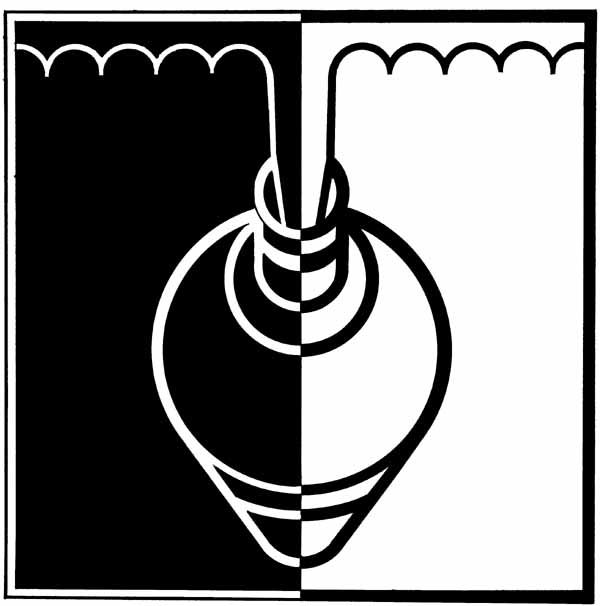Vocabulary
logorrhea \law-guh-REE-uh\, noun:
Excessive talkativeness or wordiness.
panache \puh-NASH; -NAHSH\, noun:
1. Dash or flamboyance in manner or style.
2. A plume or bunch of feathers, esp. such a bunch worn on the helmet; any military plume, or ornamental group of feathers.
It is... an inevitable hit, a galvanizing eruption of energy, panache and arrogantly sure-footed stagecraft that comes at a time when theatrical dance is in the doldrums.
--Terry Teachout and William Tynan, "Seamy and Steamy." Time, January 25, 1999
Although Black didn't have many friends and was not among the school's leaders, he was likeable, had panache, and his contemptuous tirades were rarely taken at face value.
--Richard Siklos, Shades of Black: Conrad Black and the World's Fastest Growing Press Empire
gaucherie \goh-shuh-REE\, noun:
1. A socially awkward or tactless act.
2. Lack of tact; boorishness; awkwardness.
chagrin \shuh-GRIN\, noun:If you find yourself sitting next to an obviously prosperous guest at a dinner party and your host introduces him (it will be a him) as a "successful barrister", you will be guilty of a gaucherie of the crassest kind if you exclaim: "How fascinating! If I promise not to call you Rumpole, will you tell me about your goriest murder trials?"
--Nick Cohen, "Don't leave justice to the judges," New Statesman, December 13, 1999Here we see the insecure, unattractive woman who at long last has found someone even more insecure and unattractive than herself, calling attention to her companion's gaucherie in order to feel, for once in her life, like the belle of the ball.
--Florence King, "Out and About," National Review, November 9, 1998
Acute vexation, annoyance, or embarrassment, arising from disappointment or failure.
transitive verb:
To unsettle or vex by disappointment or humiliation; to mortify.
He ran away to the recruiting office at Ottumwa, a river port where Union soldiers were transported east--how he got to the town, a good half-day journey by wagon, isn't clear--and to his chagrin, he found his father waiting there.
--Allen Barra, Inventing Wyatt Earp: His Life and Many LegendsHe noted with chagrin how little hair clung to his head.
--John Marks, The WallRich Moroni was earning $20,000 a year as a cook and was chagrined to discover that he couldn't keep up with the style of life and spending of his preferred reference group -- the lawyers and executives who shared his passion for squash and belonged to the same health club.
--Peter T. Kilborn, "Splurge," New York Times, June 21, 1998Chagrined to find that her current boyfriend has become best pals with her ex-boyfriend Hank, she goes to her ex with the problem.
--Stephen J. Dubner, "Boston Rockers," New York Times, July 26, 1998
redivivus \red-uh-VY-vuhs; -VEE-\, adjective:
Living again; brought back to life; revived; restored.Augustine redivivus, R. contends, would find in the history of the present century confirmation of his pessimistic views of human nature.
--Roland J. Teske, "Augustine: Ancient Thought Baptized," Theological Studies, June 1, 1995She is the young Magda redivivus to the last degree, including the way she arches her eyebrow when she speaks.
--Judith Dunford, "Exit Laughing," Newsday, May 8, 1994______________________________________
from Dictionary.com


0 Comments:
Post a Comment
<< Home